July 24, 2025 | 21:56 GMT +7
July 24, 2025 | 21:56 GMT +7
Hotline: 0913.378.918
July 24, 2025 | 21:56 GMT +7
Hotline: 0913.378.918
Before the implementation of Law No. 71/2014/QH13 (Law No. 71), fertilizers, machinery, and specialized equipment for agricultural production were subject to a 5% value-added tax (VAT) rate. Accordingly, goods and services within this category were eligible for input VAT deductions.
From January 1, 2015, Law No. 71 came into effect, and these items were classified as non-taxable under VAT (as opposed to a 0% tax rate) and were no longer eligible for input VAT deductions.
In practice, the regulation that classifies fertilizers, machinery, and specialized equipment for agricultural production as non-taxable under VAT (Article 3, Clause 1 of Law No. 71) has hindered the development and investment in domestic fertilizer production and has failed to achieve the goal of reducing fertilizer prices when Law No. 71 was enacted.
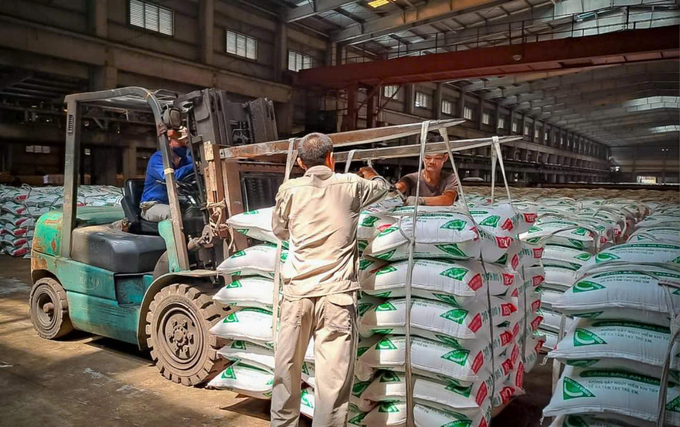
The application of a 5% value-added tax (VAT) helps ensure the proactive development of fertilizer supply for agriculture from domestic production.
At a recent conference in Hanoi to disseminate the Project on Improving Soil Health and Managing Crop Nutrition, Dr. Phung Ha, President of the Vietnam Fertilizer Association, stated that since the enactment of Law No. 71, the number of enterprises investing in the construction of high-tech and green fertilizer plants has been minimal, with one of the main reasons being the restrictions imposed by Law No. 71.
Therefore, according to Dr Phung Ha, transitioning fertilizers to be subject to a 5% VAT is essential. This would allow producing companies to declare and deduct the input VAT of goods and services, including investments in purchasing fixed assets for fertilizer production.
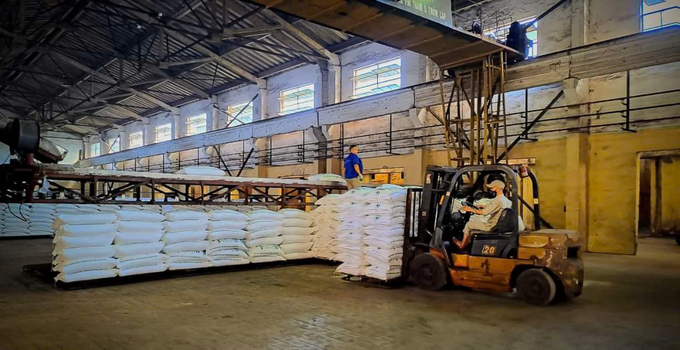
The application of a 5% value-added tax (VAT) on fertilizers benefits not only production enterprises but also farmers and the government.
For enterprises: The input VAT (incurred domestically and at the import stage) of fertilizer production companies will be deductible or refundable in accordance with the regulations of VAT law.
For the Market: The implementation of a 5% value-added tax (VAT) contributes to promoting the domestic fertilizer production sector, which serves as an essential input for agriculture. This measure creates a stable supply for farmers, reduces dependence on imports, and addresses price instability and fluctuations in imported fertilizer prices, thereby contributing to the sustainable development of agriculture.
For the State Budget: The government budget will fully collect the amount generated from applying VAT on imported fertilizers.
Translated by Hoang Duy
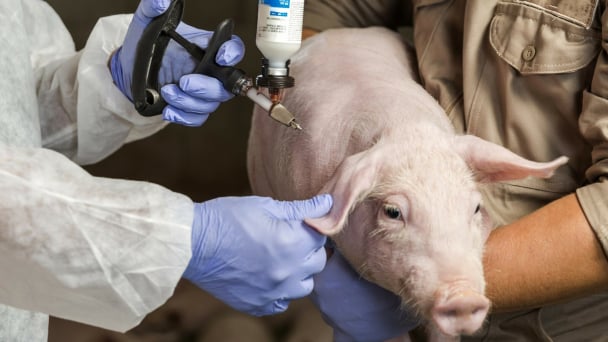
(VAN) Deputy Minister Phung Duc Tien raised concerns over the low vaccination rate for African Swine Fever despite millions of doses being produced, leading to significant losses for livestock farmers.
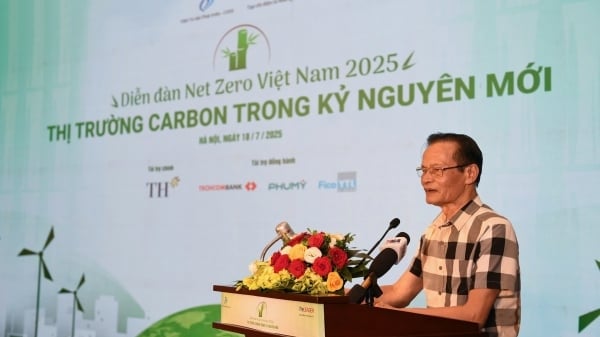
(VAN) In partnership with TheLEADER Magazine, the Institute of Development Consulting (CODE) hosted the Net Zero Vietnam Forum 2025, with the theme ‘Carbon Market in the New Era.’
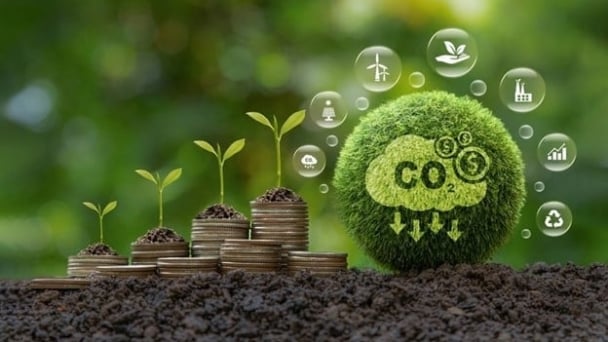
(VAN) Without a clear and transparent financial framework, the operation of the carbon credit exchange will rely entirely on the state budget.
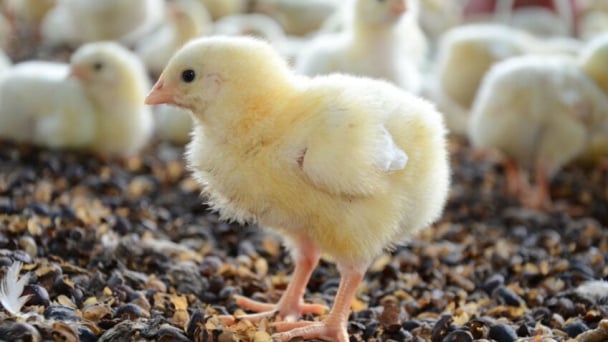
(VAN) Infectious bronchitis (IB) and infectious bursal disease (IBD) are highly contagious poultry diseases reported worldwide, with new variants and strains emerging each year.
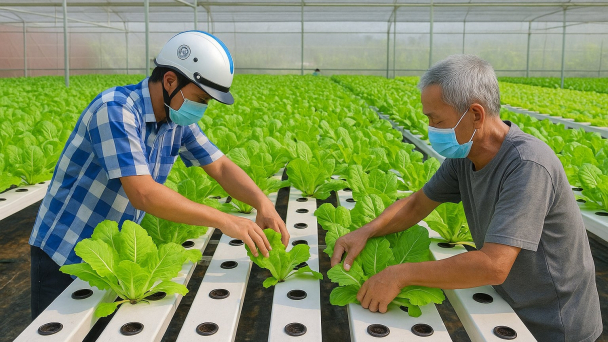
(VAN) Green agriculture is becoming an essential part of the new Ho Chi Minh City's sustainable development strategy, as it contributes to environmental preservation, livelihood security, and food safety.
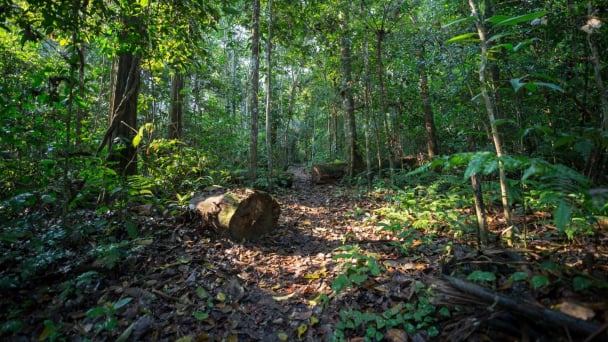
(VAN) Vietnam is finalizing the legal framework and forest carbon credit standards in order to clarify carbon ownership rights, attract investment, and tap into opportunities for international exports.
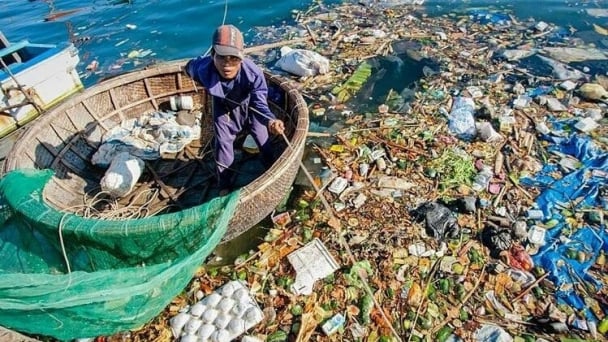
(VAN) Vietnam will participate in the negotiations toward a Global Plastics Treaty INC 5.2, which is scheduled to take place in August 2025 in Geneva, Switzerland.